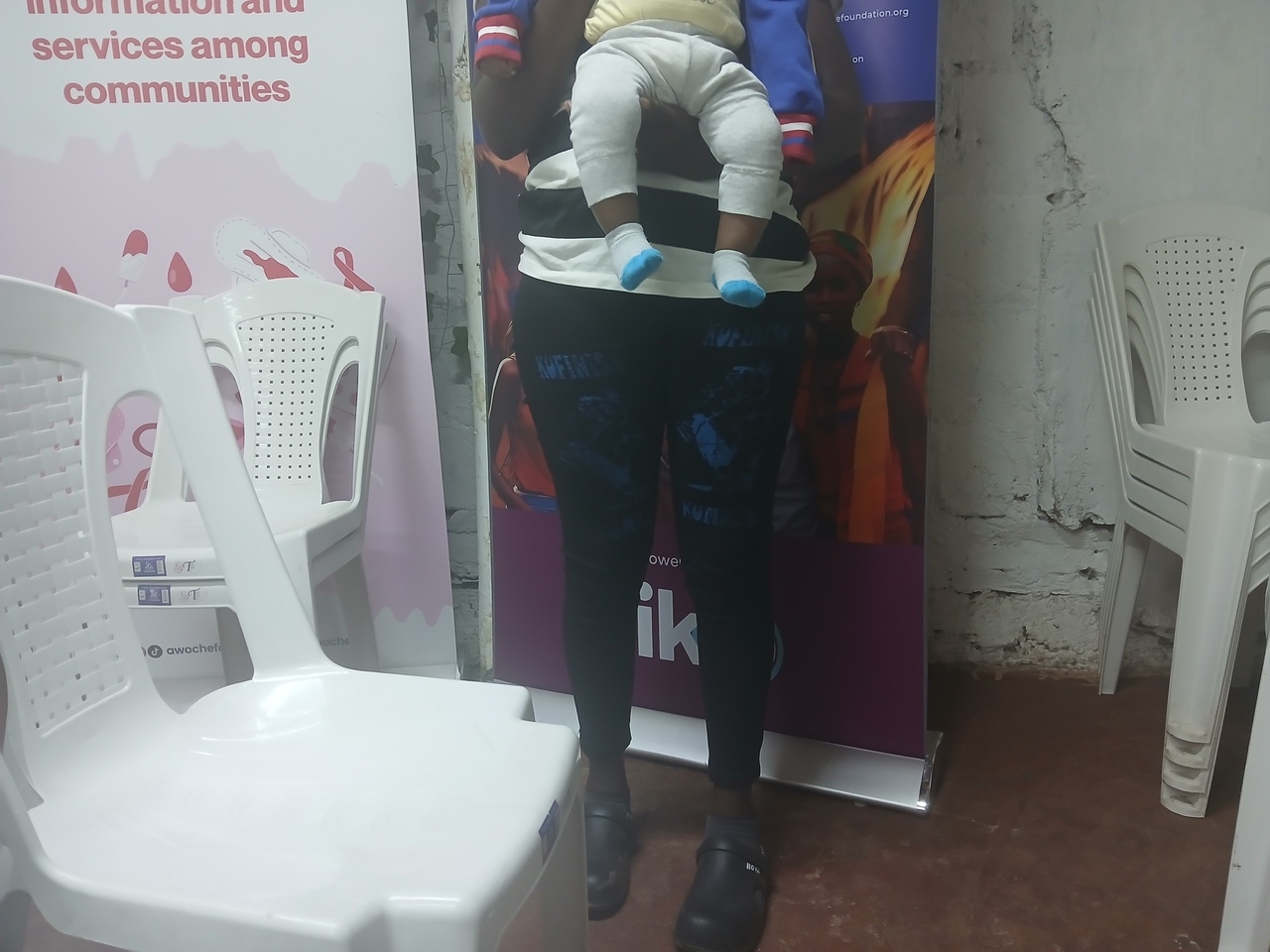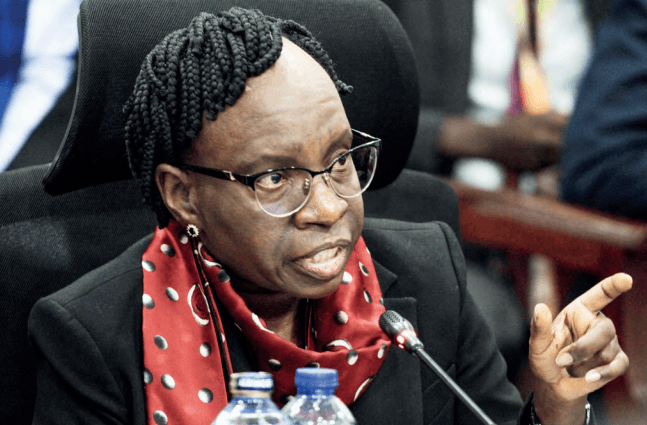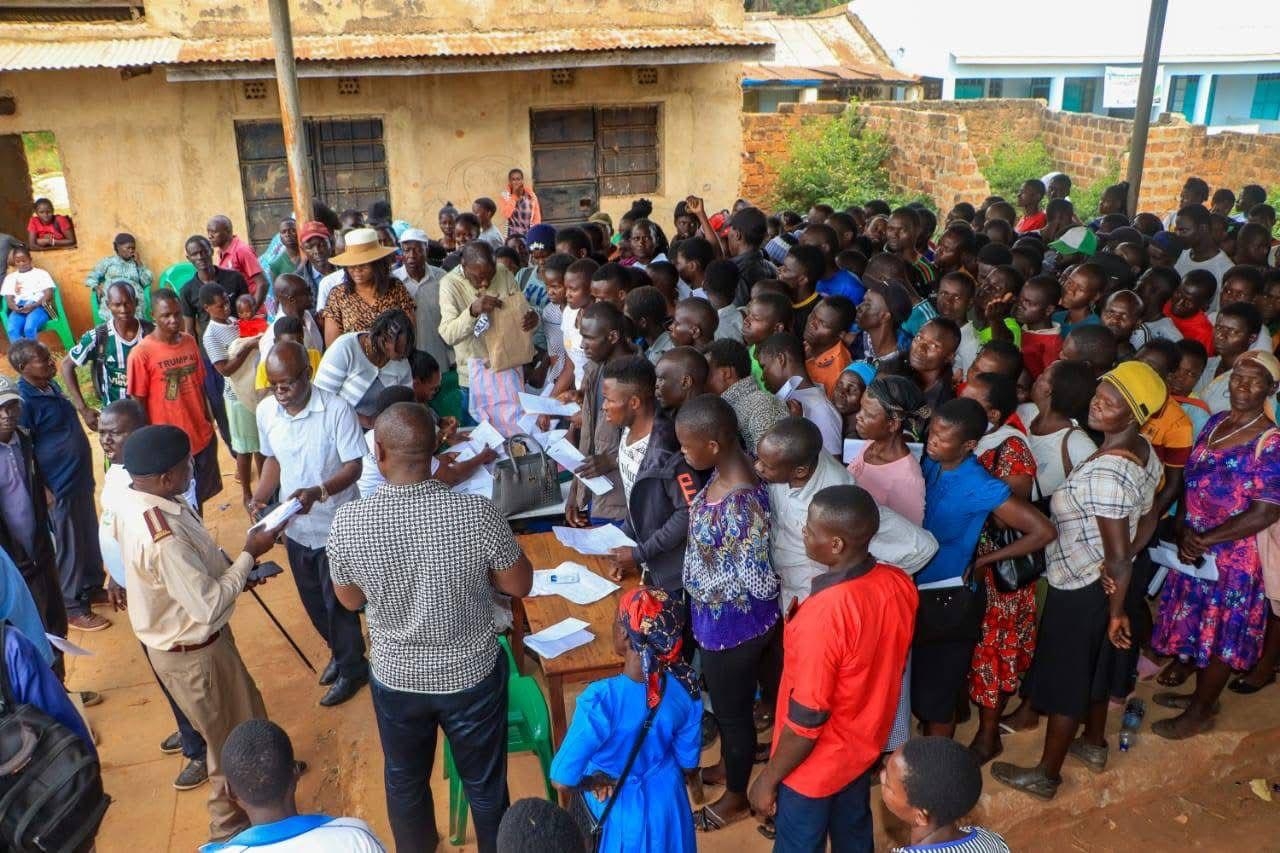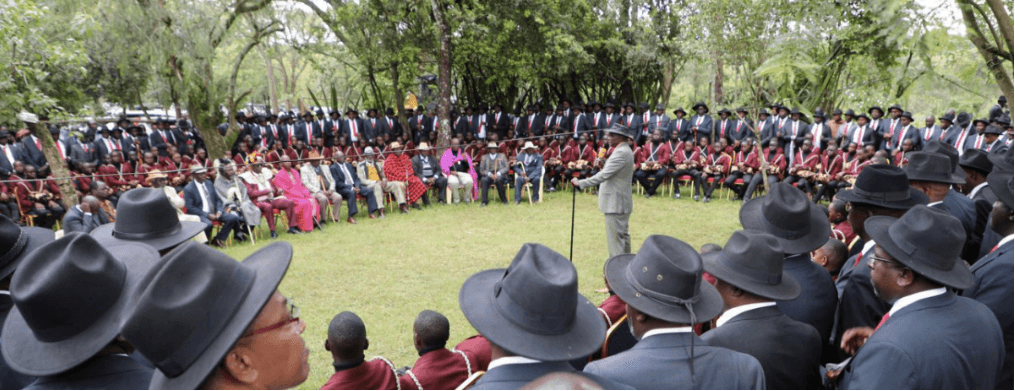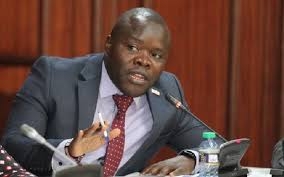During his sojourn in the academic world more than two millenniums ago, Chinese philosopher Confucius uttered the words:
“If a man keeps cherishing his old knowledge, so as continually to be acquiring new, he may be a teacher of others.”
And true to his faith, a school styled after the great philosopher’s tenets is livening up this mantra at the University of Nairobi.
Considering the need for Chinese language teachers in Kenya, Confucius Institute, under the leadership of its director, Prof Wang Shangxue, has rolled out a mega plan aimed at populating every Kenyan school with a Chinese teacher.
Confucius Institute mainly provides Chinese language training services to all Kenyan students and entails cooperation between a university in the host country and one in China.
There are four such institutes in Kenya: at Moi, Kenyatta, Egerton and Nairobi universities.
The Confucius Institute at the University of Nairobi was birthed in 2004 in collaboration with Tianjin Normal University in China.
It was the first in Africa. At 20 years, Prof Wang asserts that the institute is at its prime, stating that it has since trained more than 20,000 students.
“We have grown up. That is why we hosted the joint conference of Confucius institutes and classrooms,” she said during an interview recently.
The institute is now positioning itself to help Kenya bridge the gap of Chinese teachers in the country.
In 2020, Kenya approved Chinese as one of the foreign languages in the national education system besides French, German and Arabic.
This means Chinese is another option for students in the basic education level.
But four years later, some public schools still cannot offer Chinese classes for lack of teachers.
MAKING THE CURRICULUM
A curriculum of Chinese lessons is being developed. For the project to succeed, Prof Wang says the country would need to train its own teachers.
“You cannot get teachers from China to teach at every school in Kenya. The way out is to teach the Kenyan university students to be the Chinese language teache,r and they can only come from the education faculty,” she said.
To beat the deficit, there is a plan, christened 2+2 programme, to train 25 teachers every year, both in Kenya and in China, and have the graduates teach Chinese language in the high schools.
Prof Stephen Kiama signed the deal for the Bachelor of Education students. It aims to sponsor students from the faculty of education at UoN to undertake two years of Chinese studies at Tianjin Normal University. This is under the tripartite agreement signed between the UoN, CI and Centre for Language Education and Cooperation (CLCE).
Last year, a delegation under the leadership of Prof Kiama had proposed what they needed. The ministry, TSC and KICD were part of the team.
Another agreement concerning the cooperation on joint Chinese language education in Kenya is in the making.
“We are putting an agreement together for signing. It could be later this year. We already signed the tripartite agreement,” Prof Wang said.
The agreement, set for signing later this year, is awaiting approval on China's side.
“We will push that. If approved, we can get sponsorship. We will then identify pilot schools to teach Chinese language there.”
On the 2+2 programme, 25 students will every year be trained at the CI in UoN for two years and will get a scholarship as long as they pass a certain level of proficiency certification, known as HSK 3.
HSK is the standard Chinese language proficiency test, which makes students eligible for scholarships and admission to the country’s universities.
After training at CI, the students, sponsored by CLCE, will be sent to Tianjin Normal University for another two years, after which they will get a joint degree from the two universities.
We want to have more young people being able to communicate in Chinese. Every week, there is recruitment information from Chinese companies looking for students who can speak Chinese
INAUGURAL BATCH
The first batch of 25 students, who joined the school in 2022, is completing their two-year studies at the faculty of education of the University of Nairobi, and will be taken to China for further studies.
“The students are very encouraged and are working really hard. They have finished their first year and will take the exam in August — HSK Level 2. If they pass Level 3, they will go to China. When they come back, they will be very qualified in Chinese language teaching,” Prof Wang said.
According to the Ministry of Education, Kenya has about 33,100 primary and secondary schools, highlighting the arduous task ahead for the institute.
“We will send the graduates to different schools to teach. If you take one per school, we can only reach 25, which is very low,” Prof Wang said.
In the works is also a concept known as the ‘1+1 Programme’, targeting teachers in primary schools and high schools who may want to add another teaching subject.
HSK, the proficiency course, is open for other faculties and for members of the general public.
Wang said those who undertake the course get to a “starting point to initiate talking communications with Chinese people”.
The course takes one semester to finish HSK Level 1, and another semester up to Level 2. Level 3 has two phases taking one year.
When one finishes and passes the HSK3, they are eligible to apply for a scholarship.
“We want to have more young people being able to communicate in Chinese. Every week, there is recruitment information from Chinese companies looking for students who can speak Chinese,” Prof Wang said.
“When in a company working with Chinese people, they learn fast. Students from the whole society can take HSK courses. We open that to the public. Class is open to all.”
To spread the skills, the Confucius Institute at UoN works with institutions like Utalii College, where students are taking Chinese classes.
The institute also sends a teacher to State House Girls to impart Chinese lessons to the learners.
“We teach them for two years. After their graduation from high school, for the ones who pass a certain level of HSK exams, they go directly to China for a bachelor's degree,” the don explained, stating that more than 20 institutions are cooperating with the institutes.
They include Mary Hill, Alliance Boys, Kenya High and Highway Secondary schools, some of which have Chinese clubs.
Many private schools have Chinese programmes in their curriculum.
“Schools make appointments to visit the institute to learn the Chinese culture. There is a lot of interest. We receive a lot of emails from many schools.”
BRIDGE TO CAREERS
Confucius Institute’s footsteps can be traced to a number of entities in the country and is at the core of promoting mutual understanding between the two countries.
“Our graduates are working in different industries in Kenya and are promoting communication between the two countries,” Prof Wang said.
An official at KICD who is now spearheading the Chinese curriculum is among the Confucius Institute’s graduates.
Elizabeth Wanjala, one of the first group of female SGR locomotive drivers, also trained at the institute.
To shore up the gains, the institute is coming up with a local Chinese textbook for the university level.
“If we get sponsorship, we will create more for the basic education level.”
China Road and Bridges Corporation, Brookhouse School, Kabianga University, Stanbic Bank and Miniso are among the top brands with CI graduates.
“Some are the big bosses now and conduct business on behalf of the Chinese investors with ease,” the CI don said.
Core to the plan for equipping schools with teachers is to have more children learn Chinese earlier as “the earlier you learn a language, the easier you grasp the language”.
On the question of whether China and Kenya are making progress in entrenching their unique cultures, the don said there was a big change since “language carries culture”.
During some important festivals, the institute organises activities where Chinese culture is displayed, the latest being the Spring Festival, which is the Chinese New Year of the Chinese calendar.
In early June, the students choreographed the Dragon Boat Festival at Paradise Lost in Kiambu, and they learned to wrap Zongzi, a traditional Chinese food served during the festival.




